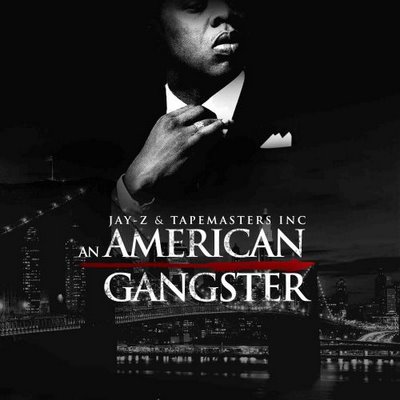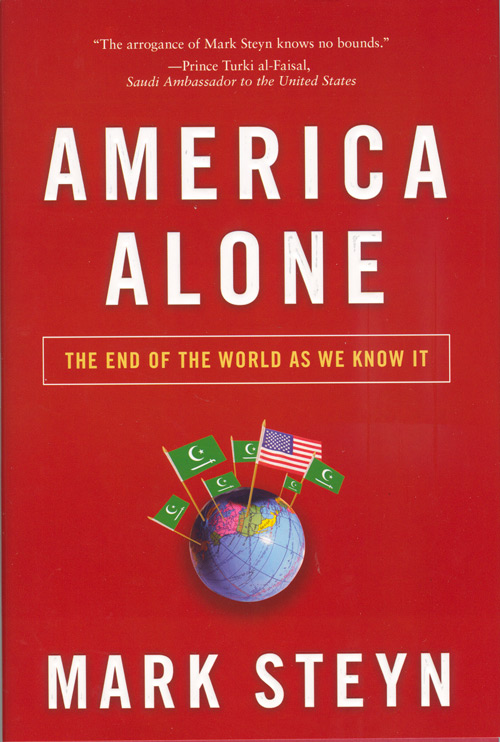Monday, September 27, 2004
POLITICS AS USUAL: WHAT IS A CONSERVATIVE?
For a while now (especially in the post-Mike Harris political landscape), Conservatives in Canada have been struggling to define themselves. We have seen this emboddied in two specific instances: the Ontario PC Leadership and the last federal election. In fact, this issue--what it means to be a conservative--will be hotly debated during the federal Conservative Party of Canada's founding policy conference in Montreal next year.
As part of that debate, I would like to reprint an article in today's Globe by William Thorsell. It provides substantial food for thought. I also happen to agree with him. Being a Conservative means much more than cutting taxes.
"A conservative frame of mind starts with respect for the depth of our social experience, for our history and inheritance as a civilization, if you will. It values the successful adaptations of previous generations, and is slow to throw over well-grounded, much-tested means of securing social order and economic prosperity.
A conservative frame of mind is suspicious of complete answers, total solutions and centralized controls. It is humble with the memory of history's horrors and excesses. It remembers, as well as dreams. It looks askance at the fragility of humanity, the distortions of power, and the enthusiasms of any given moment.
It puts more faith in process than specific outcomes -- the rule of law -- and expresses more faith in aspirations than prescriptions.
It recognizes free markets as a fundamental expression of democracy, and values their power to generate technological change and productive work. It is fierce in its respect for individual human rights against aggression by any group, even for admirable ends.
A particular level of taxation is not seminal to these conservative attitudes. The purposes and structure of taxation are.
A conservative may even support higher levels of taxation in the interest of prosperity and social health. Look what Brian Mulroney and, yes, Paul Martin finally did in raising taxes to slay Canada's deficit -- which underlies so much of our current economic and social success.
Conservatives will happily invest public money on education, infrastructure, defence and social programs to perpetuate and strengthen the traditions of their society. These responsibilities come with the Constitution, after all. It is how they are done -- efficiently, carefully and affordably -- that matters.
Conservatives appreciate the limits of public programs to change human nature or solve existential problems. Conservatives know where levels of regulation and taxation become counterproductive, however laudable the political goals may be. So they stop there, often with a rueful smile.
Whether it be John Tory, Stephen Harper or, indeed, Paul Martin, a Canadian conservative in this early 21st century should be able to articulate a much deeper, resonant vision of what a conservative is than any particular attitude to tax levels. The conservative frame of mind offers much more than that to an electorate looking for value beyond a cliché."
As part of that debate, I would like to reprint an article in today's Globe by William Thorsell. It provides substantial food for thought. I also happen to agree with him. Being a Conservative means much more than cutting taxes.
"A conservative frame of mind starts with respect for the depth of our social experience, for our history and inheritance as a civilization, if you will. It values the successful adaptations of previous generations, and is slow to throw over well-grounded, much-tested means of securing social order and economic prosperity.
A conservative frame of mind is suspicious of complete answers, total solutions and centralized controls. It is humble with the memory of history's horrors and excesses. It remembers, as well as dreams. It looks askance at the fragility of humanity, the distortions of power, and the enthusiasms of any given moment.
It puts more faith in process than specific outcomes -- the rule of law -- and expresses more faith in aspirations than prescriptions.
It recognizes free markets as a fundamental expression of democracy, and values their power to generate technological change and productive work. It is fierce in its respect for individual human rights against aggression by any group, even for admirable ends.
A particular level of taxation is not seminal to these conservative attitudes. The purposes and structure of taxation are.
A conservative may even support higher levels of taxation in the interest of prosperity and social health. Look what Brian Mulroney and, yes, Paul Martin finally did in raising taxes to slay Canada's deficit -- which underlies so much of our current economic and social success.
Conservatives will happily invest public money on education, infrastructure, defence and social programs to perpetuate and strengthen the traditions of their society. These responsibilities come with the Constitution, after all. It is how they are done -- efficiently, carefully and affordably -- that matters.
Conservatives appreciate the limits of public programs to change human nature or solve existential problems. Conservatives know where levels of regulation and taxation become counterproductive, however laudable the political goals may be. So they stop there, often with a rueful smile.
Whether it be John Tory, Stephen Harper or, indeed, Paul Martin, a Canadian conservative in this early 21st century should be able to articulate a much deeper, resonant vision of what a conservative is than any particular attitude to tax levels. The conservative frame of mind offers much more than that to an electorate looking for value beyond a cliché."
Subscribe to Comments [Atom]
 THE CONSERVATIVE HIPSTERS
THE CONSERVATIVE HIPSTERS












